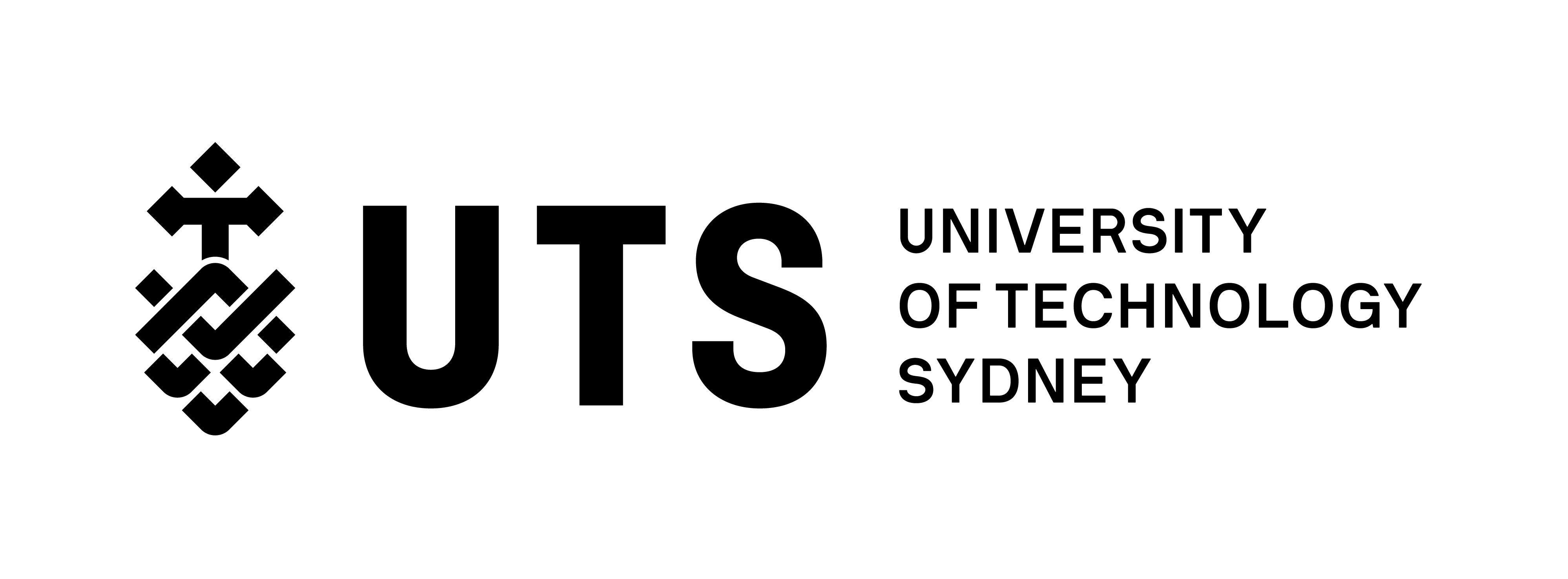NSW Adult Literacy & Numeracy Council
The professional body for adult literacy and numeracy in NSW

NSWALNC Online Annual Conference
Monday 6 and Tuesday 7 December 2021
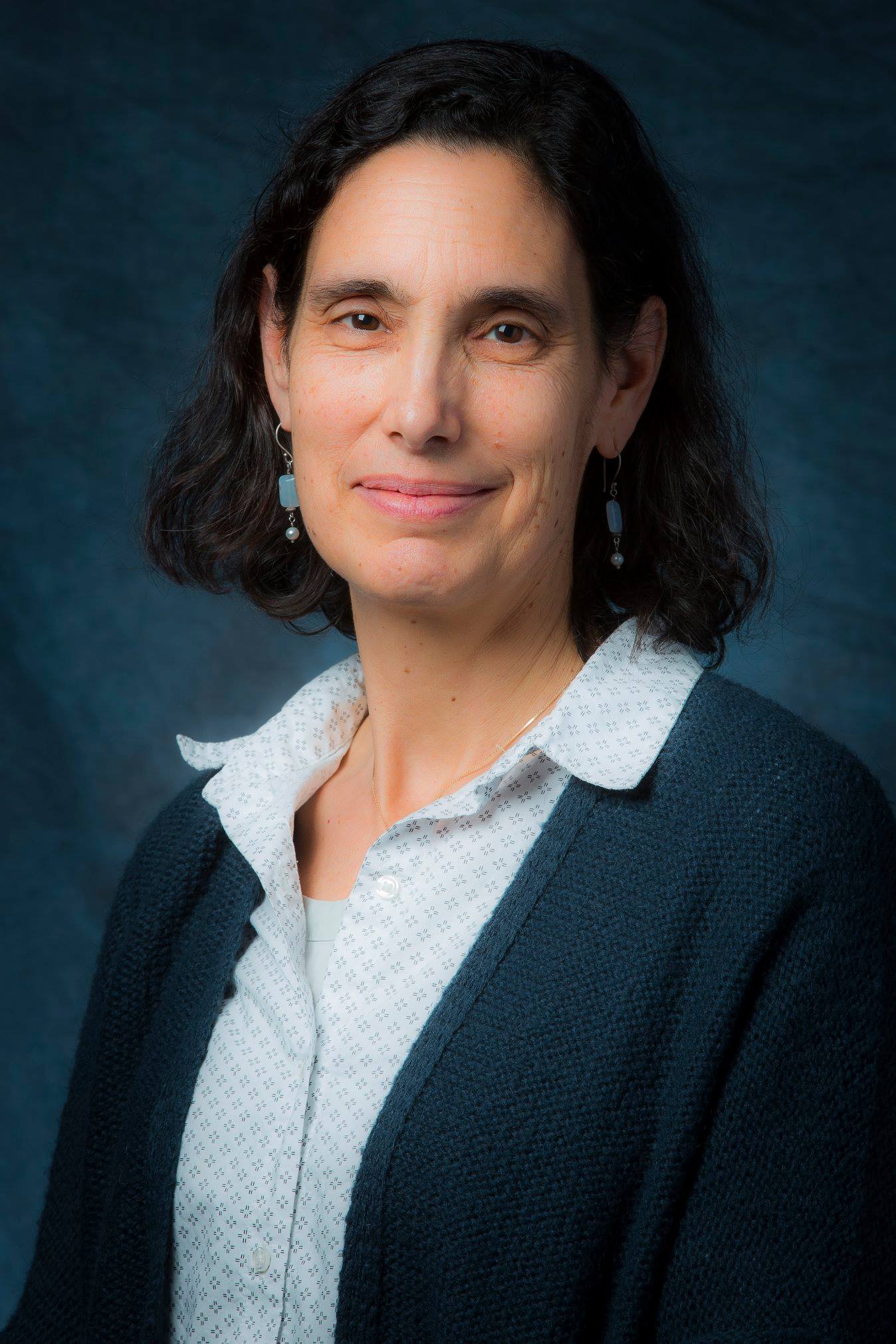
Abstract: In the U.S., we don't talk much about neoliberalism, but it is a dominant unspoken presence in the discourse and policy of adult basic education (including literacy, numeracy, and language education and high school equivalency preparation). This is expressed in the almost relentless valuing of adult education for what it can do for the individual and the country economically. One benefit of this emphasis, which is aligned with neoliberalism, is the relative straightforwardness of measuring outcomes and impact through testing, accountability standards, and economic and employment indicators. However, lost in all of this are the other less tangible benefits of improved foundational skills. These include improved confidence and self-esteem, being a role model to children, increased civic engagement, and better health. Although earlier versions of the federal accountability system allowed states to go beyond reportable outcomes of employment, level gains, and college enrollment to report on so-called secondary outcomes like these, few states did. However, some programs have continued to provide opportunities to develop skills and abilities beyond those needed for the workforce and, thus, have pushed back against the nearly slavish and sole focus on developing the employability of learners. In this talk, I will outline the main components of U.S. federal policy for adult basic education, share case descriptions of such programs that are resistant to a workforce only focus that highlight what they are doing, how they are doing it, the struggles they face, and the successes they encounter. I shall conclude with a discussion of alternatives to a return on investment approach to justify adult basic education that go beyond economic indicators.
Bio: Alisa Belzer is a Professor at the Rutgers University Graduate School of Education and program coordinator for the online EdM in Adult and Continuing Education. She co-edits Adult Literacy Education: The International Journal of Literacy, Language, and Numeracy. Widely published in peer-reviewed journals and edited books, the research topics she investigates include adult literacy education policy, professional development, and adult learner experiences. Funded by the Dollar General Foundation, she is currently developing a mobile app for adult developing readers called URead. She is also editing a textbook on adult learning, Understanding the Adult Learner, forthcoming from Stylus Publishing in 2022.
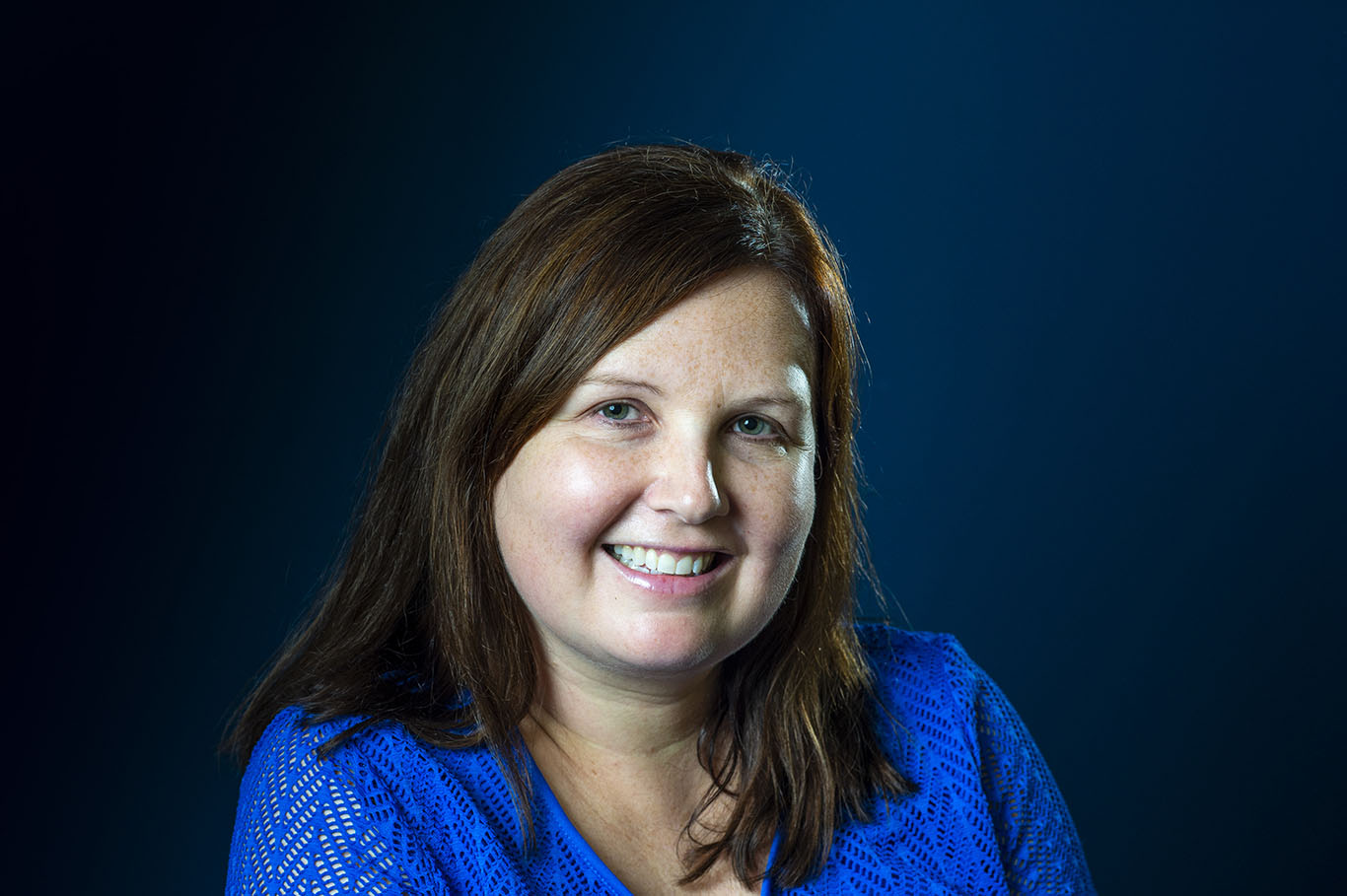
Abstract: Indigenous populations have suffered a multitude of consequences resulting from the legacy of colonization. In Canada, the United States, and Australia, poverty and underemployment are widespread among Indigenous populations. In a benevolent effort to remedy these inequities, governments and communities have uncritically promoted assimilationist financial literacy and entrepreneurship policies and education programs. This presentation offers a critical analysis of policy levers of financial literacy as they relate to Indigenous communities and individuals. I provide an overview of the highly uncritical acceptance and reveal the false promises and role as an alibi to absolve the need for systemic change. Based on a critical analysis, I propose an anticolonial framework that might better suit Indigenous values, while at the same time offering a more compassionate and sustainable model for financial literacy for all communities. (Note this presentation will be based on the recent co-authored book chapter by Blue & Pinto and other co-authored papers by Blue & Pinto).
Bio: Dr Levon Blue is a member of Beausoleil First Nation in Canada. Levon is a Senior Lecturer at the Carumba Institute (QUT) and an editor of the International Journal of Critical Indigenous studies. Her research area includes financial literacy education, Indigenous higher education, and social justice. Levon’s PhD focused on financial literacy education practices in an Aboriginal community in Canada. She is currently a Chief Investigator on two Australian Research Council funded grants: special research initiative – National Indigenous Research and Knowledges Network (NIRAKN) and Discovery Indigenous – Empowering Indigenous businesses through improved financial and commercial literacy. Levon has published many journal articles, book chapters and more recently co-edited a book titled “Indigenizing Education: Discussions and Case Studies from Australia and Canada”.
Marta Civil
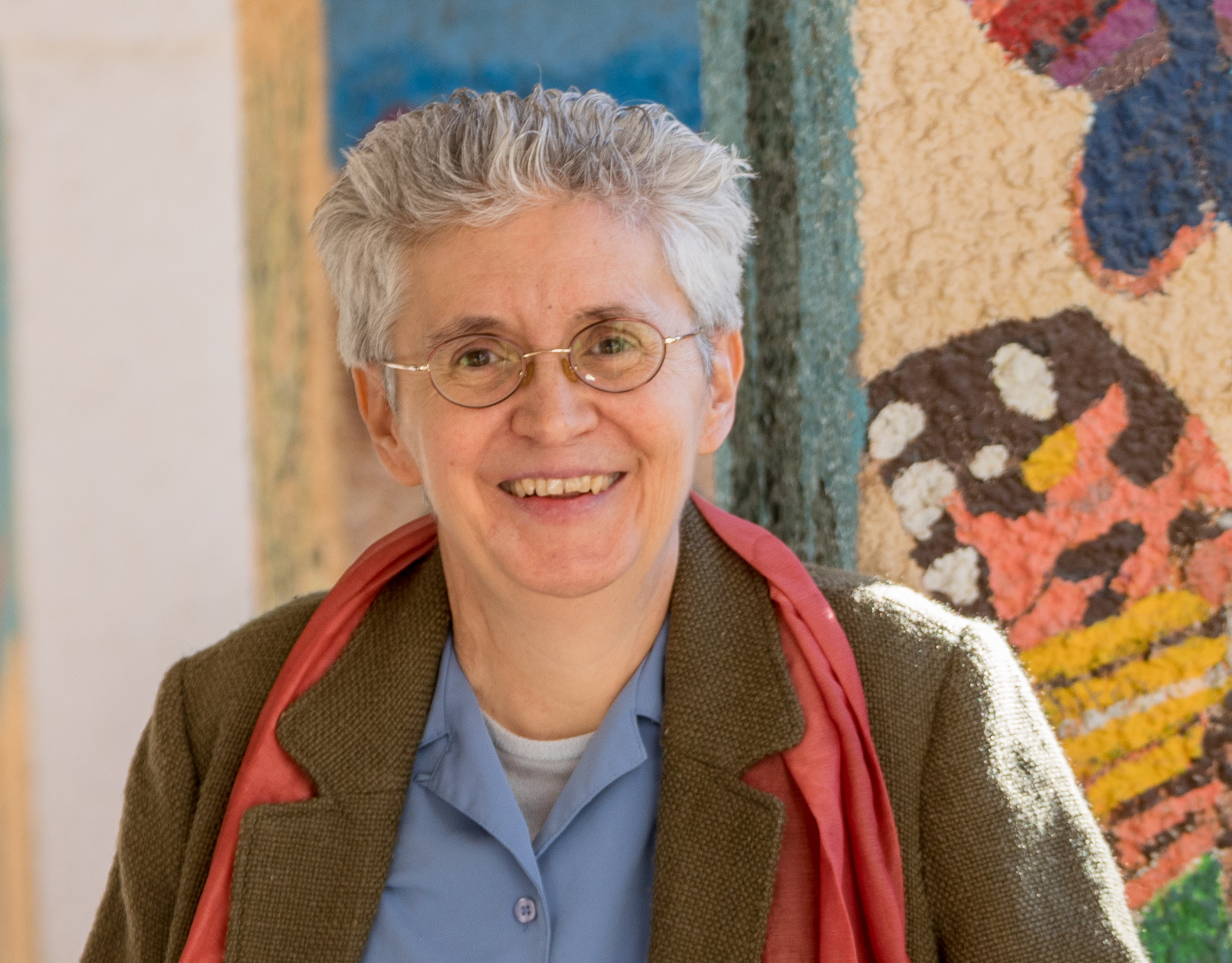
The centrality of building relationships and community"
Abstract: This presentation draws on almost thirty years of work in the U.S. with parents (mostly mothers), primarily of Mexican origin. I will focus on the concept of “confianza” (trust) as key to engaging in mathematical explorations and conversations with the participating mothers. While most mothers attend the workshops because they want to support their children’s learning of mathematics, they often also become interested in the learning for themselves, as adult learners. Through listening to and learning from the mothers we can bring in their “funds of knowledge” to the forefront. I will share some ideas on how to develop learning environments for mathematics that put the mothers’ / learners’ knowledge and experiences at the center and emphasize the importance of trust, relationships, and a family feeling.
Bio: Marta Civil is a Professor of Mathematics Education and the Roy F. Graesser Chair in the Department of Mathematics at The University of Arizona. Her research looks at cultural, social, and language aspects in the teaching and learning of mathematics; participation in the mathematics classroom; connections between in-school and out-of-school mathematics; and parental engagement in mathematics. Her work is situated in working class, Mexican American communities and is based on a funds of knowledge orientation and the concept of parents as intellectual resources. Her research seeks to learn from the communities to develop culturally sustaining learning environments.
Sally Thompson
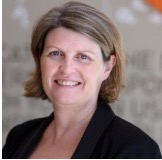
Abstract: Only a very small percentage of people with low literacy attend a reading and writing course or a class. This begs the question: how do they manage to get by in an increasingly textually dense world? Ethnographic research around the world suggests, that, like all of us, people with low literacy support each other with text in systems of solidarity and exchange called literacy mediation. My previous research suggests that much of this exchange occurs as part of the invisible, undervalued feminised labour undertaken in community centres.
My current research looks at a small rural town in Australia, which the statistics tell us includes a large population of people with low literacy. It looks at the “village” that surrounds and supports adults with low literacy. Its aim is to identify ways that the various “villages” can be enhanced, not least of which by making them visible to policy makers. The research also has implications for the ways the formal education and training system takes its place within those villages.
Bio: Sally Thompson has worked in policy and leadership roles in TAFE, Higher Education and the not for profit Adult and Community Education sectors. More recently she has been working for the Victorian Government managing a literacy, numeracy and employability skills strategy.
Sally began her career as an adult literacy teacher in communities characterised by intergenerational disadvantage, including remote Indigenous communities. She is the former President of the Victorian Adult Literacy and Basic Education Council and former member of the Victorian Adult Community and Further Education Board. She has worked for the Australian Education Union in women's policy and is a current Board member of Domestic Violence Victoria.
In partnership with
